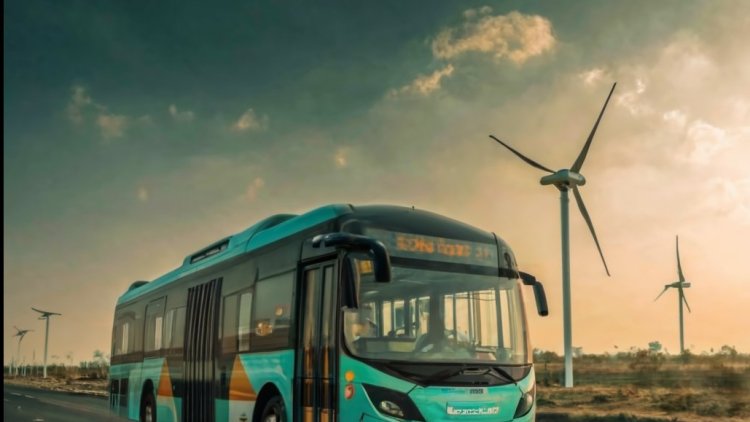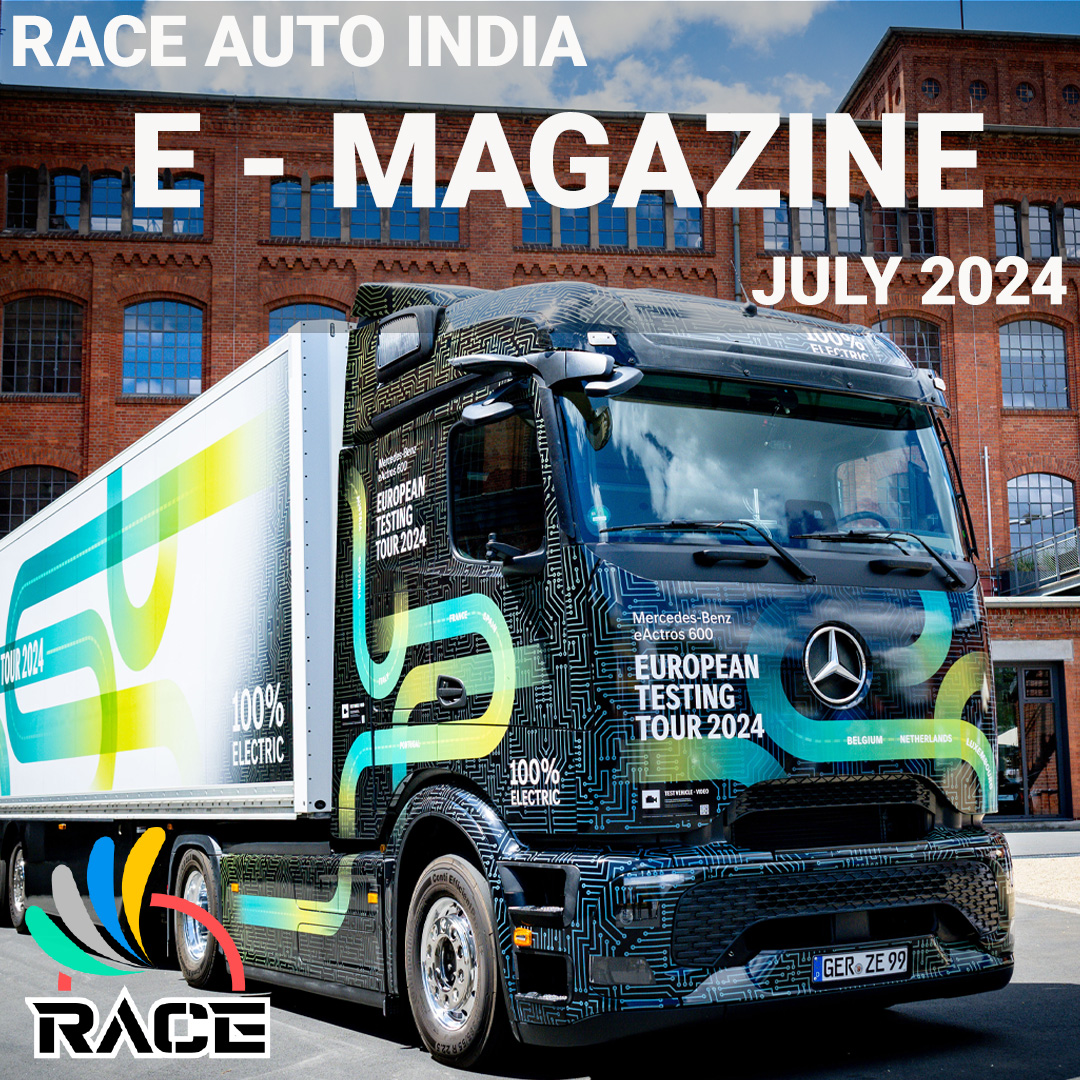India's Electric Bus Market Anticipates 8% Surge in Sales
The share of electric buses in India is set to double to 8% in the upcoming fiscal year, driven by government initiatives and the favorable total cost of ownership, according to a report by Crisil.

Mumbai- Crisil Limited., a prominent rating agency, reports that the expansion of e-buses is actively propelled through tenders awarded under key initiatives like the Faster Adoption and Manufacturing of Hybrid and Electric Vehicles (FAME) scheme and the National Electric Bus Programme (NEBP). These endeavors form a crucial part of the central government's broader agenda to reduce carbon emissions in the public transport sector.
In a significant development, the share of electric buses (e-buses) in India's new bus sales is anticipated to double to 8% in the upcoming fiscal year, a remarkable increase from the 4% recorded in the previous fiscal year. This surge is attributed to the proactive measures taken by the government to decarbonize public transportation, coupled with the improving total cost of ownership (TCO) of e-buses.
A pivotal factor fueling the rise of e-buses is their advantageous total cost of ownership (TCO) compared to traditional internal combustion engine (ICE) and compressed natural gas (CNG) buses. This advantage is attributed to lower operating costs and a decline in initial acquisition expenses.
Under the FAME and NEBP programs, state transportation units (STUs) have initiated e-bus procurement using two models: gross cost contract (GCC) and outright purchase. To date, 5,760 e-buses have been delivered, with an additional 10,000 set to be deployed in the current and upcoming fiscal year.
The report underscores the favorable terms offered under the GCC model, including assured rentals, inflation-linked fee revisions, and the absence of traffic risk, which have contributed significantly to the successful adoption of e-buses thus far.
Mr. Sushant Sarode, Director, CRISIL Ratings, notes, “Growth in e-buses is also supported by favorable ownership economics, with TCO estimated to be 15-20% lower than ICE and CNG buses over a 15-year lifespan, achieving breakeven in 6-7 years. Although the initial acquisition cost of an e-bus is twice that of an ICE or CNG bus, it is expected to decrease with improving operational efficiency and decreasing battery costs.”
However, the report highlights some adoption-related challenges. High counterparty risk due to the financial constraints of STUs leads to an elongated debtor cycle, making lenders cautious about financing e-bus projects. Additionally, inadequate battery charging infrastructure, crucial for intercity bus operations, poses a challenge.
Ms. Pallavi Singh, Team Leader, CRISIL Ratings, points out, “The recently announced PM-eBus Sewa Scheme rightly aims to address issues related to payment security mechanism (PSM) and create battery charging infrastructure, potentially boosting e-bus adoption.”
According to the proposed scheme, the government is working on establishing a PSM to ensure receivables' security to OEMs in case of delays in payments by STUs. The adoption of this scheme by state counterparts will be crucial for driving up e-bus penetration.
Crisil notes that, so far, e-bus sales have been predominantly driven by government initiatives in the public transport sector, with low adoption in the private sector. Therefore, the development of a policy framework aimed at increasing private sector participation, which constitutes about 90% of the country's bus fleet, will be critical to accelerating e-bus penetration.
Looking ahead, the article emphasizes the importance of policy changes, advancements in battery technology, and the successful implementation of a payment security mechanism as key factors to monitor for the continued growth of the electric bus market.


